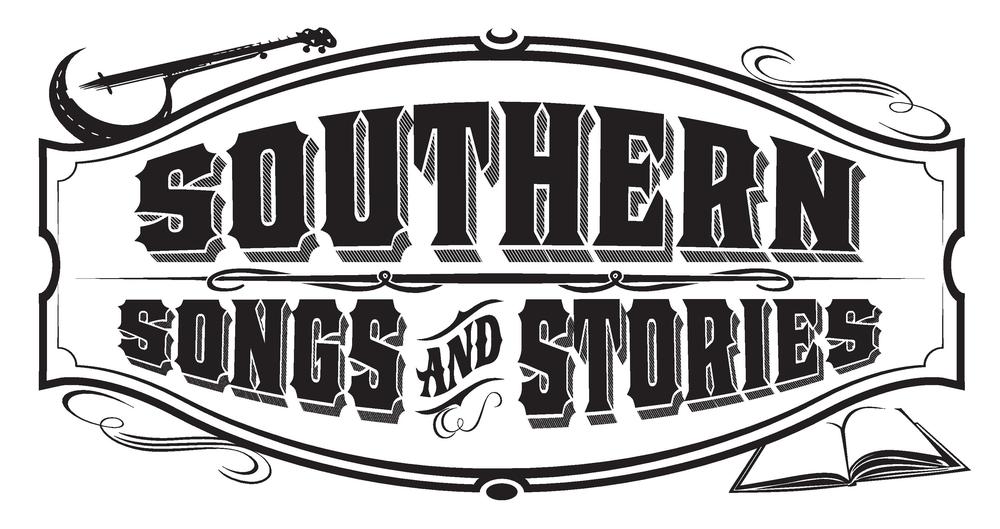Lingua Musica begins a series of articles on artists examining what is good in music today with Black Mountain, NC's Kellin Watson, pictured here with yours truly. 
In a fast evolving music world full of pitfalls, I thought it would be helpful to spotlight some of the positive things that we have done and are fortunate to have in our lives. After Kellin we will post fellow western NC singer-songwriter Dave Desmelik's article so stay tuned and feel free to join in! Your observations and comments are always welcome. -Joe Kendrick
-----------------------------------------------------------------------------------------------------------------------------------
I feel like music moves with overall feelings and rhythms of the world in general. Asking the question "what makes good music now", however, can be slippery when you dissect music today. I feel like there are so many different factors and opinions that dictate what "good music" really is, that it's next to impossible to give just one end-all answer. However, I would say that technology has made a huge impact on the music industry and has enabled more of an individualized view of what's "good".
Personally, one of the many music trends that has caught my attention in the past few years has been the trend of the throwback style in music. Since technology is making time seem to move so much faster, I think that as artists we might subconsciously or consciously (depending on the artist) decide to do the opposite of what the rest of the world is doing. It is almost as if our need for comfort might be creating a longing to bring back an old, familiar feeling. Though technology has vastly changed the state of the music industry (and who dictates what's "good" music), the final word is ultimately decided by us all as individuals and consumers.
Technology has simply removed the smoke screens in a lot of ways, in turn making success more attainable to the artists and the product more tangible to the consumers. The technology boom that occurred in the past 10 years, overwhelming as it may be, is both a blessing and a curse for the music industry. It seems like every time you turn around, there is be a newer, sleeker, and better functioning version of some piece of technology you just spent $2000 or more on. For me, this started to create a small sense of anxiety, which is a feeling I'm sure is shared by many. This could contribute to the need for getting back to something familiar in the world.
On the plus side, I feel like a lot of this technology boom helps musicians realize that they can take their careers into their own hands and run with it. It encourages more experimentation, faith, and confidence in what they do artistically, and allows artists to become more proactive. For instance, while I was recording my most recent album, Halo Of Blue, the fact that I had a program that came already installed on my MacBook Pro called Garageband made the entire pre-production and production process much faster and more efficient. On top of that, for the tunes that I was collaborating on with my out of town producer, Skype allowed us to musically work through those in depth while he sat comfortably in his NY apartment, and I in my NC apartment. When you think about how difficult that task might have been 20 years ago, it becomes crystal clear what an advantage the power of technology can do.
While this technology boom comes with plenty of negative aspects, it also finds a balance by helping to make the process of creating music a much easier process. Some might argue that the tech movement has also appeared to devalue records and CDs by making them available with one click for $5 for a digital copy instead of $15 for a hard copy. Again, the trade off is that an artist who might normally never be heard around the world now has the potential to "go viral" and become a pop sensation, all thanks to sites like YouTube and Myspace. Justin Bieber, Kate Voegele, Bo Burnham, The Gregory Brothers (the 'auto tune the news' guys), Pampelmoose and Arnel Pineda (the new lead singer for Journey) are just a few examples of artists who successfully achieved stardom through "going viral" on the internet. By creating functions such as the "like", "share" and "embed" buttons, technology gives us the social networking tools that have become very important for entertainers of all levels. Suddenly, we the public become the record label and entertainment executives, deciding who we want to invest in artistically! Shows like American Idol, the X-factor and Americas Got Talent have capitalized on this theory.
Does that mean Justin Beiber is "what good music now" is? Of course not, that just means that the power of social networking is great. It all depends on the individual when it comes down to what's "good" and what's not, and who has the ability to tap into a universal feeling. Keeping with the idea of "staying one step ahead of the next big thing" though, I think a lot of people feel that "good music" is what's "underground" or "grassroots" at the moment. It seems like a lot of folks find what's "hip" to be what's good, while other folks find what's "traditional & classic" to be what's good, while others find what they're told is good to be good.
In my personal opinion, what makes "good music now" is the ability to connect with people on a human level, no matter what genre or style the music might be. Technology makes the creative transformation process easier and more fun at times, but in the end, regardless of technology, good music requires a personal touch. Technology has helped to put the control back into the hands of everyday people to decide what they like, and what's "good" to them. So, when asked what's good music now, the best answer I can really think to give is this: anything with feeling. When I hear a song that moves me or inspires me, I feel like it's good music. Music is good when I can pick up on a vibration that one artists picks up on and passes it on to me, which I can pass on to someone else. Any music that encourages give-and-take to the universe is good. Isn't passing on something good what it's all about anyway?
-Kellin Watson

